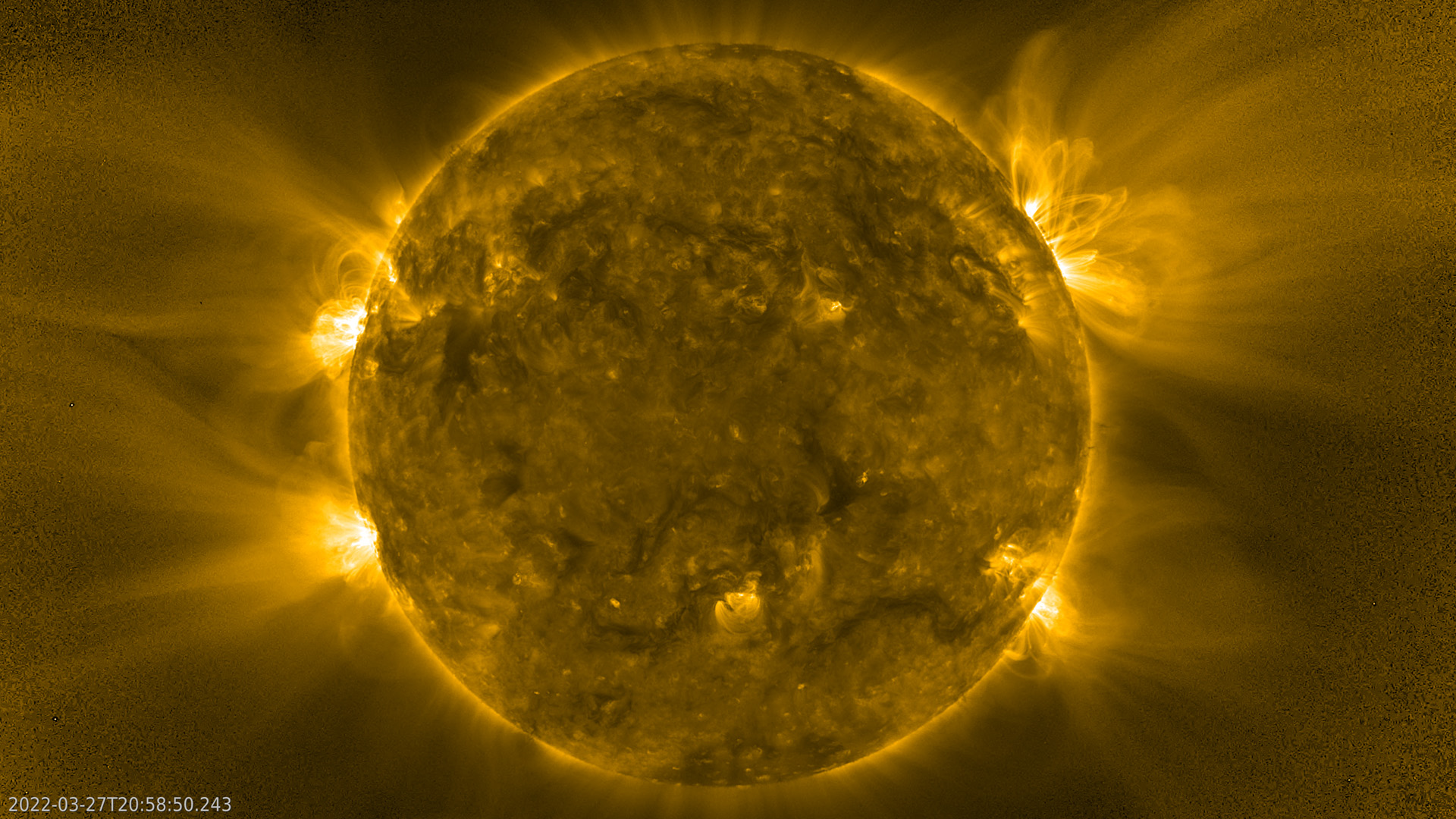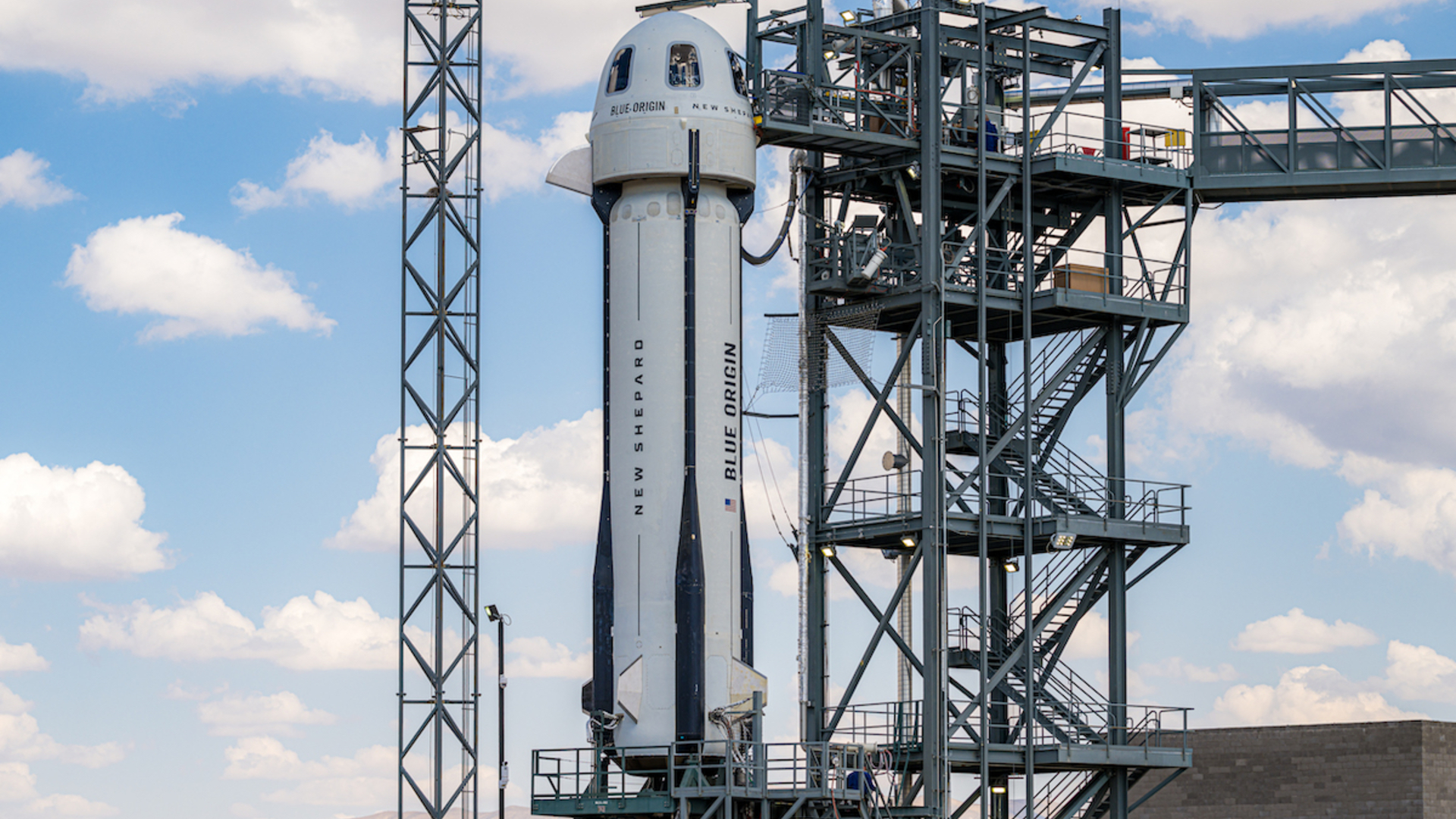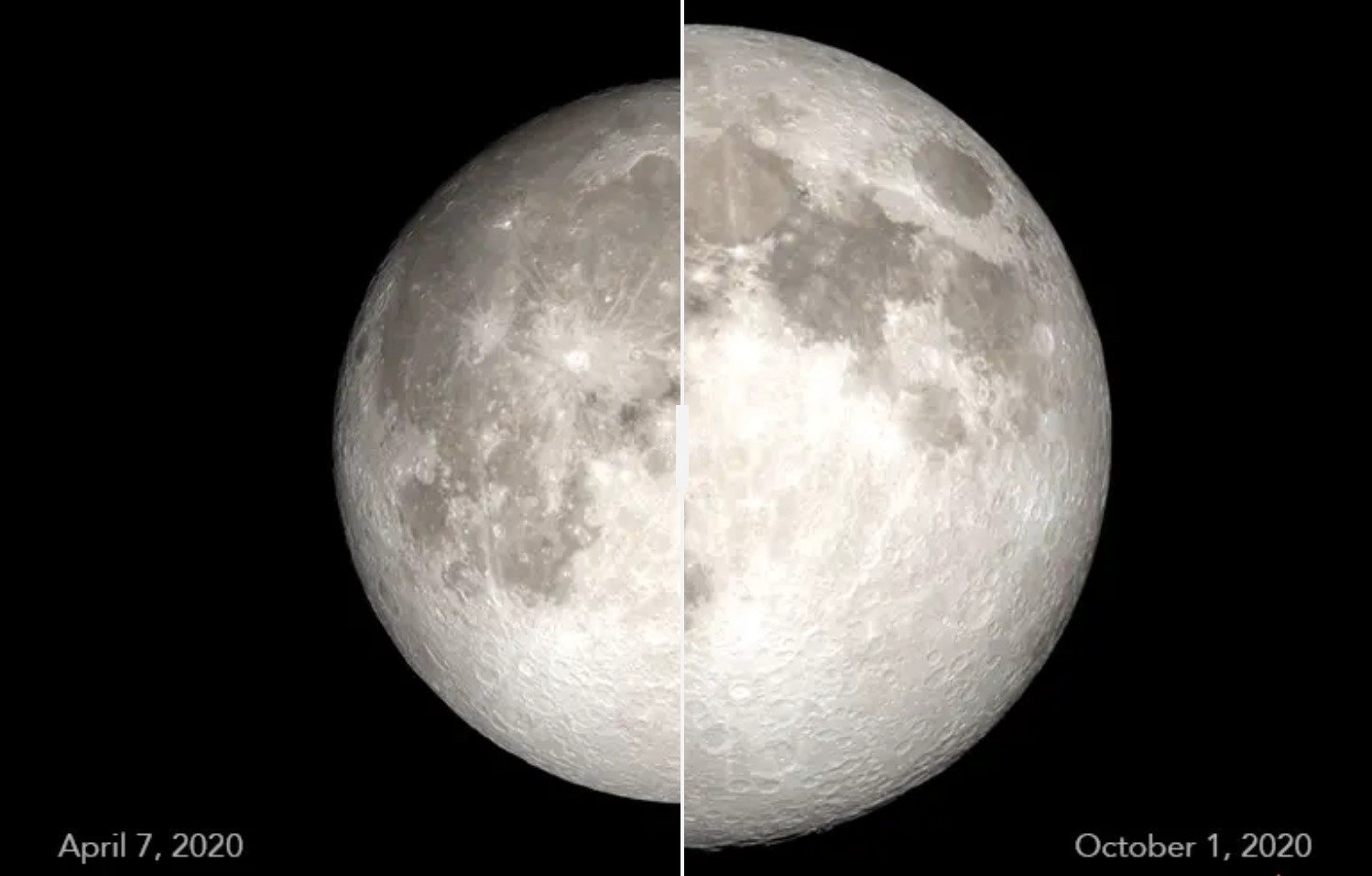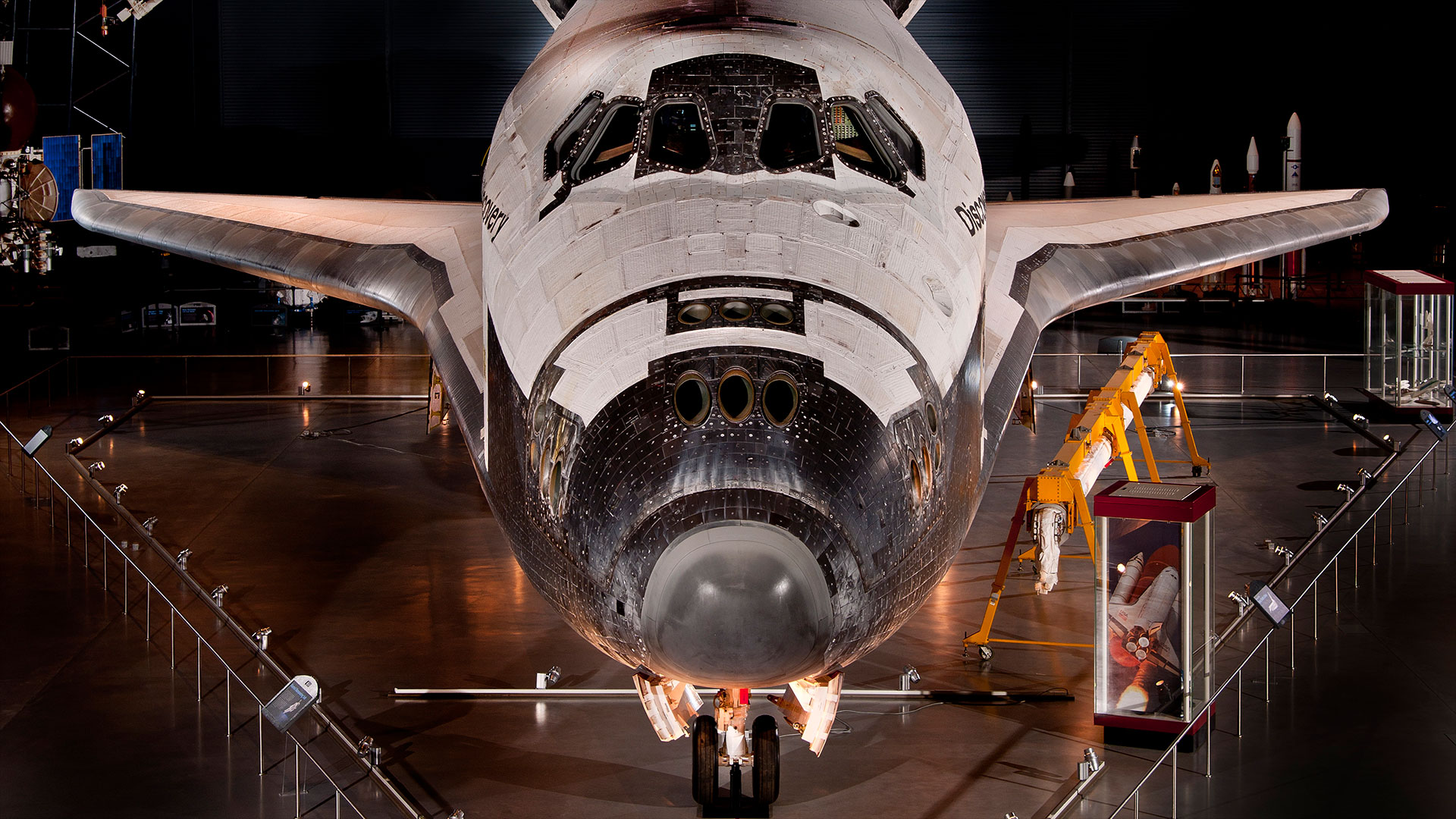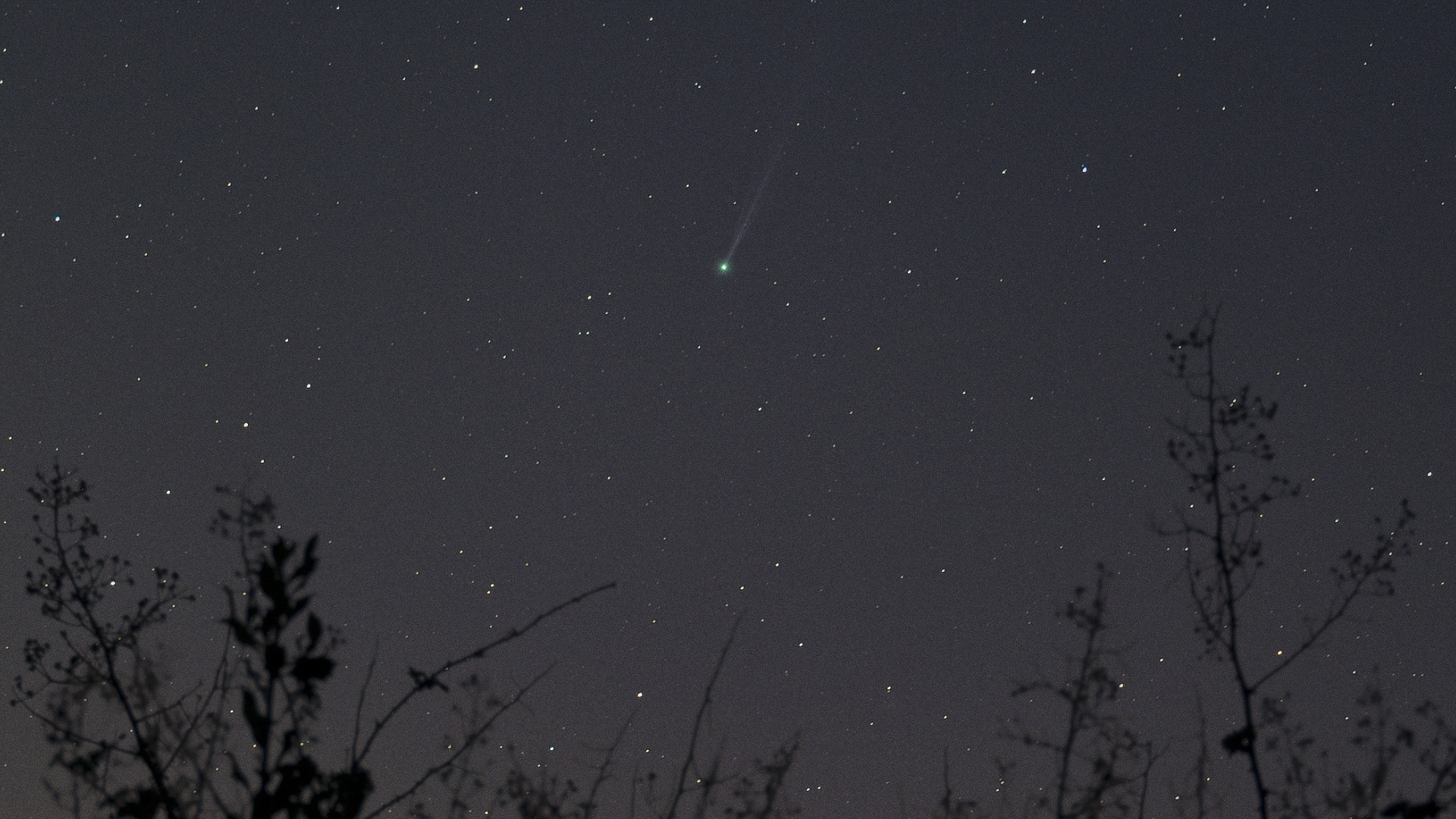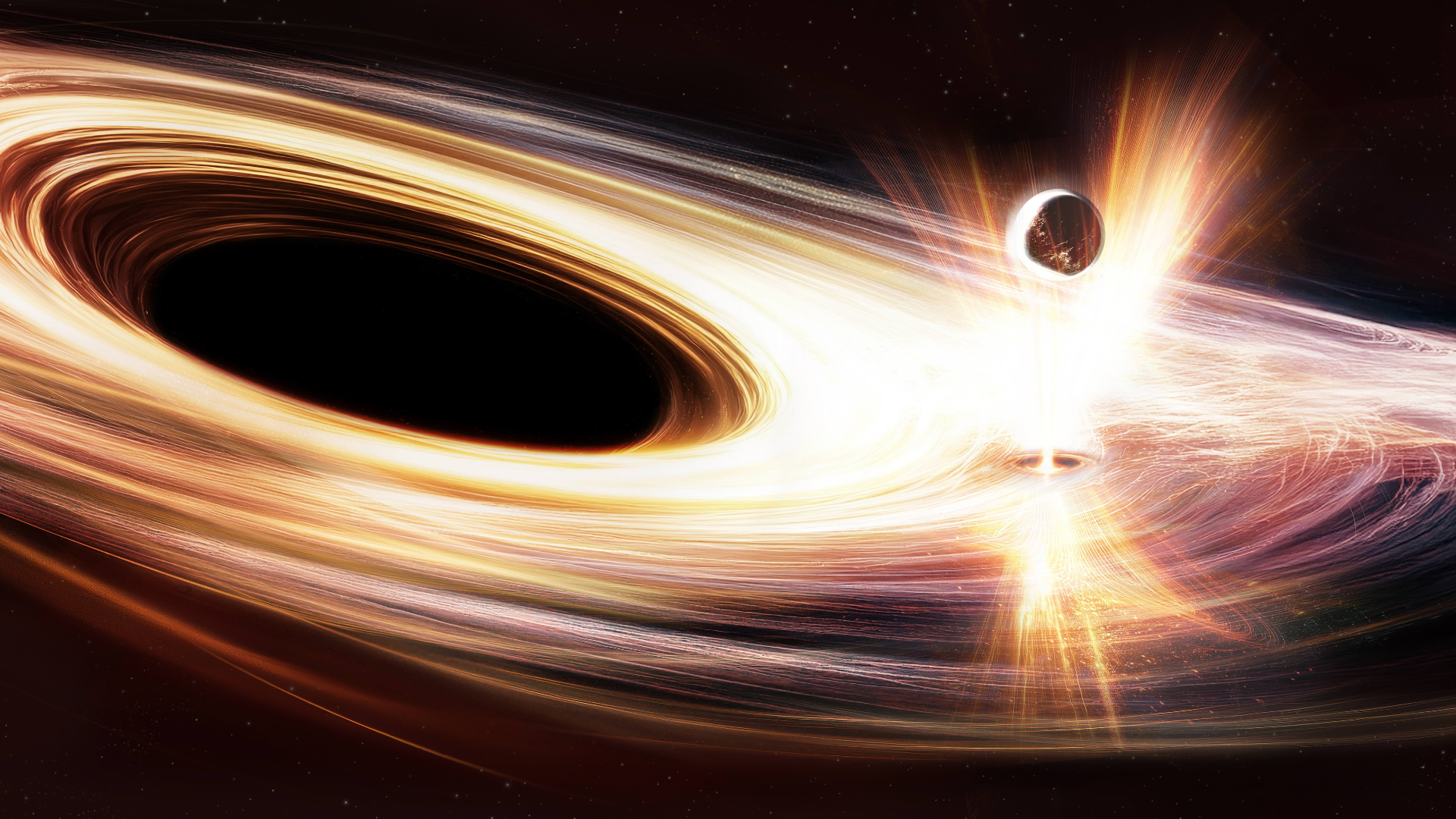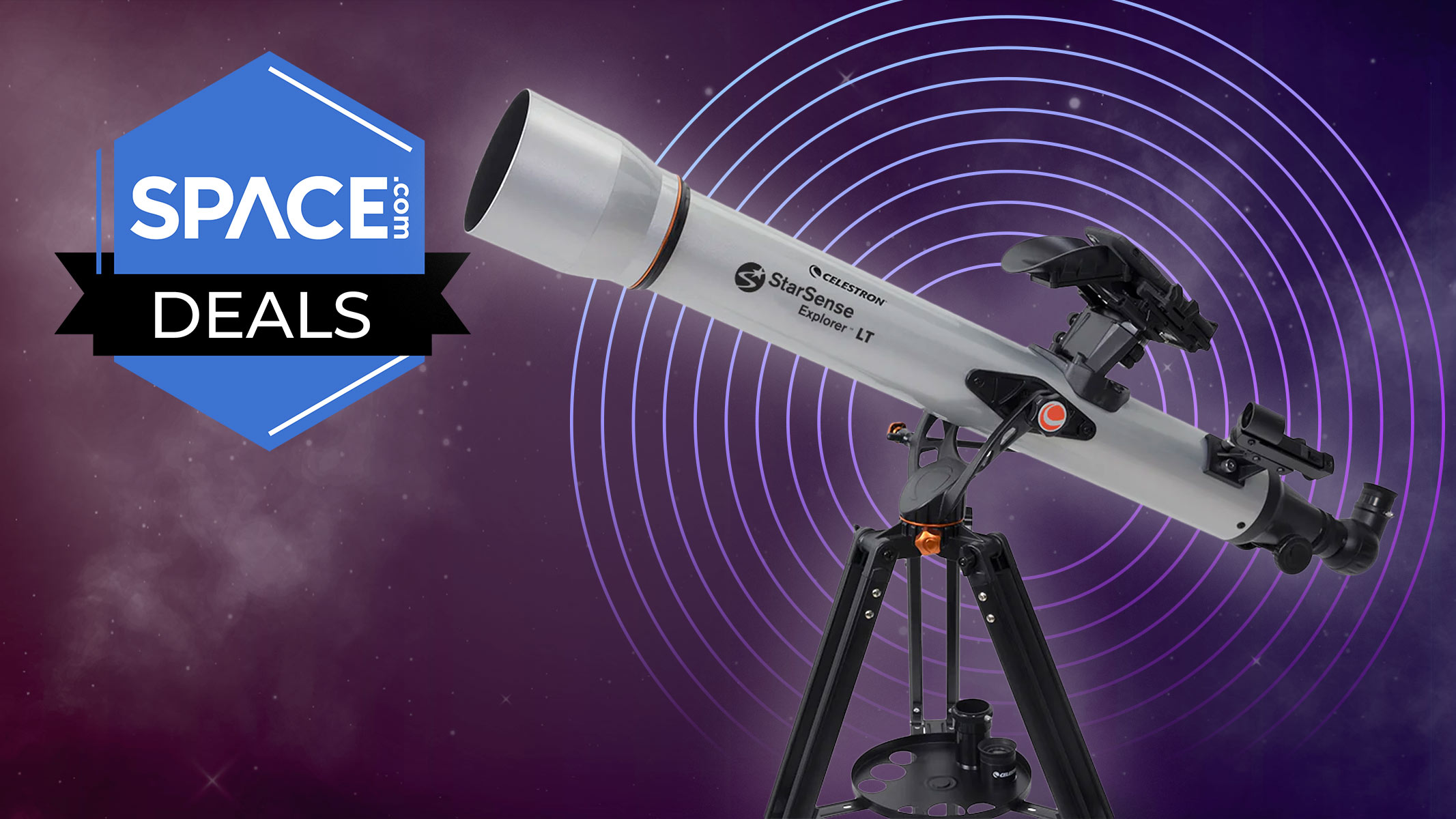Europe plans to launch a quantum encryption satellite for ultrasecure communications in 2024
Eagle-1 will be Europe's first space-based quantum key distribution system.

Europe is aiming to launch a technology demonstration satellite for secure, quantum-encrypted communications in 2024, with a view to developing a larger constellation.
The satellite, Eagle-1, will be the first space-based quantum key distribution (QKD) system for the European Union and could lead to an ultrasecure communications network for Europe, according to a statement from the European Space Agency (ESA).
Eagle-1 will spend three years in orbit testing the technologies needed for a new generation of secure communications. The satellite will demonstrate the "feasibility of quantum key distribution technology — which uses the principles of quantum mechanics to distribute encryption keys in such a way that any attempt to eavesdrop is immediately detected — within the EU using a satellite-based system," according to ESA.
Related: 10 mind-boggling things you should know about quantum physics
ESA formally signed the contract for Eagle-1 with project leader SES during the International Astronautical Congress (IAC) in Paris in late September. The Luxembourg-based company will lead a consortium of more than 20 European companies to develop Eagle-1.
Eagle-1 is a small, low Earth orbit satellite, but "it's quite significant, at around 300 kilograms [660 pounds] … and what is important is that it is a very efficient satellite," Elodie Viau, director of telecommunications and integrated applications at ESA, said at a news conference at IAC.
The Eagle-1 satellite platform will be provided by Italian company SITAEL. It will carry a quantum-key payload built by Germany-based Tesat Spacecom and will be operated by SES. Companies from Austria, Belgium, the Czech Republic and Switzerland are also involved in the project.
Get the Space.com Newsletter
Breaking space news, the latest updates on rocket launches, skywatching events and more!
"European security and sovereignty in a future world of quantum computing is critical to the success of Europe and its Member States," Steve Collar, CEO of SES, said in the statement. He added that the goal is "to advance quantum communications and develop the Eagle-1 system to support secure and sovereign European networks of the future."
The project is backed by Horizon Europe, the European Union's key funding program for research and innovation, and ESA.
Although Eagle-1 will be Europe's first sovereign QKD satellite, China launched the first dedicated quantum communications satellite, named Micius, in 2016.
Follow us on Twitter @Spacedotcom and on Facebook.
Join our Space Forums to keep talking space on the latest missions, night sky and more! And if you have a news tip, correction or comment, let us know at: community@space.com.

Andrew is a freelance space journalist with a focus on reporting on China's rapidly growing space sector. He began writing for Space.com in 2019 and writes for SpaceNews, IEEE Spectrum, National Geographic, Sky & Telescope, New Scientist and others. Andrew first caught the space bug when, as a youngster, he saw Voyager images of other worlds in our solar system for the first time. Away from space, Andrew enjoys trail running in the forests of Finland. You can follow him on Twitter @AJ_FI.


